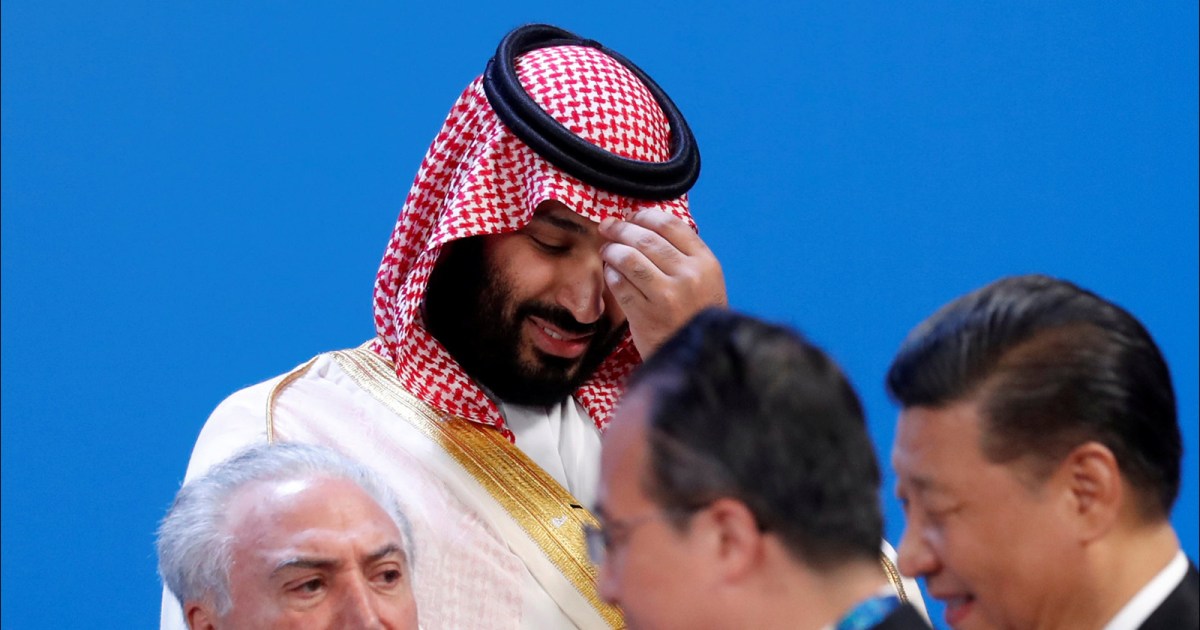Human Rights Watch called on G20 member states to pressure Saudi Arabia to release all those unlawfully detained and to provide accountability for past abuses ahead of the virtual G20 leaders' summit on November 21.
Human Rights Watch launched a campaign (# G20 Saudi Arabia) urging leaders of the G20 governments to hold their Saudi hosts accountable for Saudi human rights violations, after it wrote to these leaders in July and August regarding the same request.
The G20 Saudi Arabia granted the presidency of the group for the year 2020 "despite the Saudi government's continuing assault on basic freedoms, including imprisonment and harassment of opponents and human rights activists, unlawful attacks on civilians in Yemen, and disregarding international calls for accountability for the killing of state agents of Saudi journalist Jamal Khashoggi." According to a statement by the organization.
"The chairmanship of the G20 gave an undue international standing to the government of Crown Prince Mohammed bin Salman," said Michael Page, deputy director of the Middle East division at Human Rights Watch.
Instead of expressing concern about grave abuses committed by Saudi Arabia, he added, the G20 is strengthening the Saudi government's well-funded advertising efforts aimed at portraying the country as "reformist" despite a significant increase in repression since 2017.
The statement indicated that the two years that have elapsed since the brutal killing of journalist Jamal Khashoggi at the hands of Saudi agents in October 2018 have not witnessed any accountability of high-level officials involved in the crime, and that since then, Saudi Arabia has spent billions of dollars to host major entertainment, cultural and sports events. In a deliberate strategy to change the country's image as a human rights violator.
In particular, the organization urged the G20 countries to help prevent Saudi Arabia's attempts to divert attention from its violations by hosting the G20, and urged them to call on the Riyadh authorities to take the following measures:
• The unconditional release of all Saudi human rights activists accused of vague charges due to their activism, including their communication with international human rights organizations, the United Nations Human Rights Council, and the international media.
Among these activists are prominent women's rights activists arrested in 2018, such as Loujain Al-Hathloul, Nassima Al-Sada, Samar Badawi, and Nouf Abdel Aziz, in addition to the activists Salah Haidar, Walid Abu Al-Khair, Essam Koshak, and Raif Badawi.
• Allowing the "Group of Eminent Experts on Yemen" to implement its mandate by facilitating its access to Saudi Arabia, including to the coalition headquarters and its targeting and surveillance cell in Riyadh, the "Joint Incident Assessment Team" and the "Ministry of Defense", as well as Facilitate access to Yemen.
• Allow an independent international body to investigate the killing of Jamal Khashoggi and review all court documents regarding the trial of alleged perpetrators of the crime, which concluded in September.

